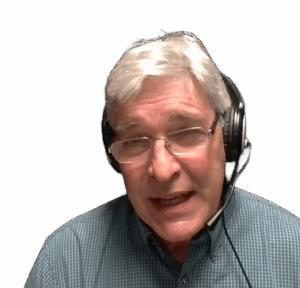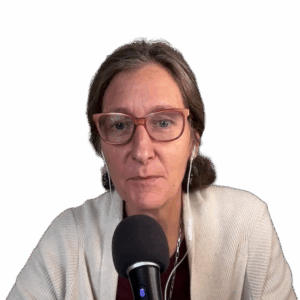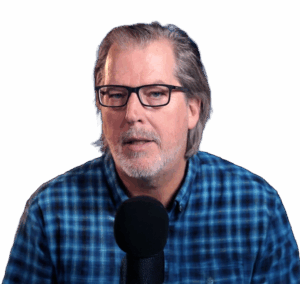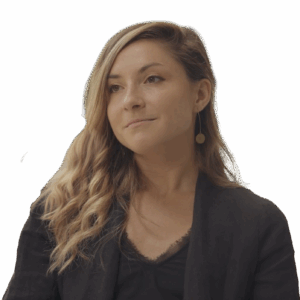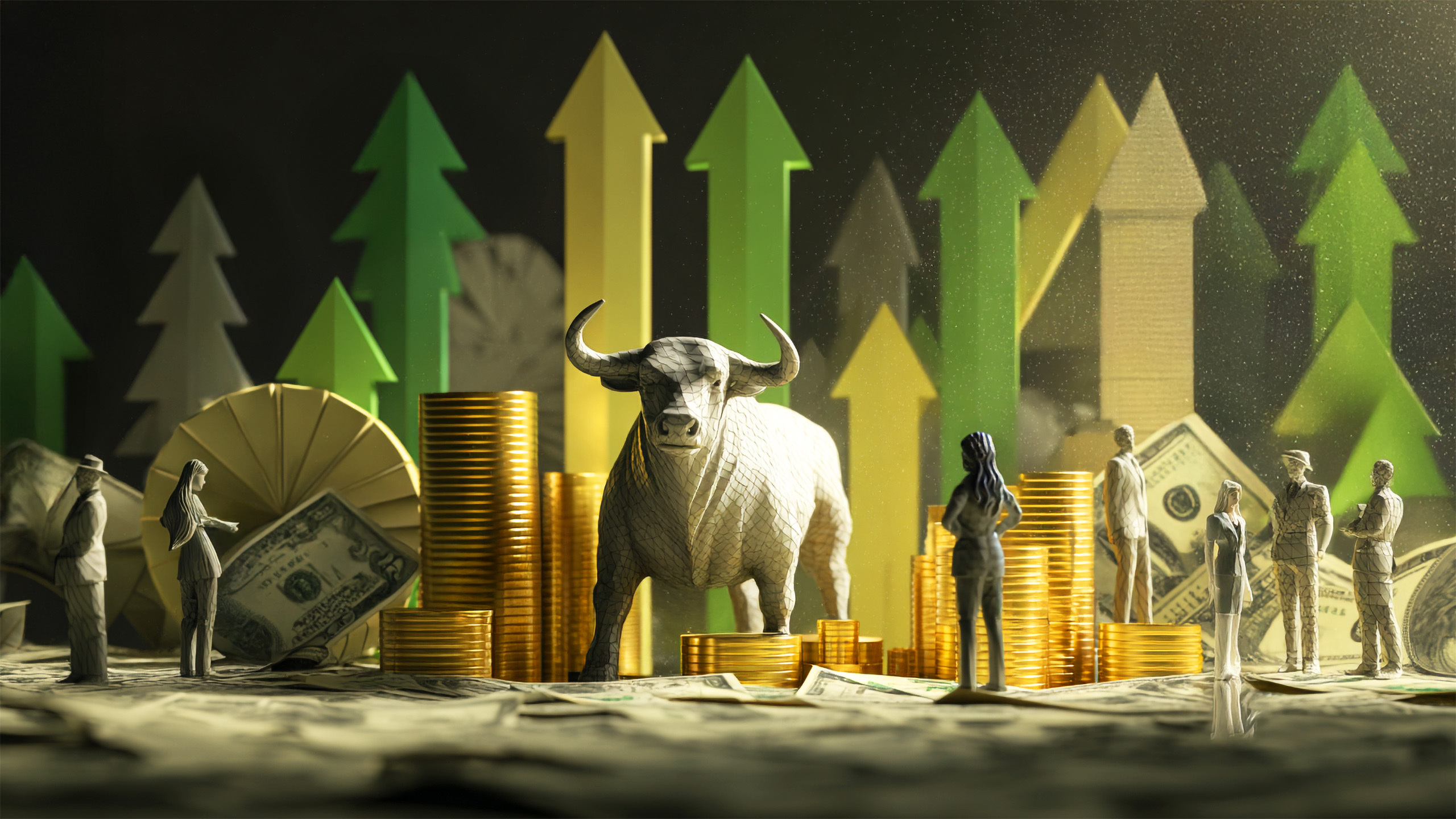
Ep 185 | Josh Farley
Josh Farley — The Myths Shaping Our Economies: The Disconnect between Economic Theory and Reality
Description
Economic theory has come to wield outsized influence over our societal goals, decisions, and policies – often relying on models that claim to optimize how human systems function. Yet the outcomes of our modern economic structures tell a different story: accelerating ecological collapse, widening inequality, declining public health, and increasing social disconnection. What if the foundational principles of mainstream economics are actually built on false assumptions that obscure the realities of our world?
In this conversation, Nate is joined by ecological economist Josh Farley to explore the persistent myths taught in business schools, and the disconnect between economic theory and reality. Building on Nate’s recent Frankly episode, they unpack topics like the misconception between value and price, how GDP is a flawed measure of well-being, the truth about debt, and the ripple effects these have across market dynamics. Ultimately, Josh emphasizes the need for a new economic framework that prioritizes cooperation, well-being, and ecological stewardship.
How could we change the incentives that are embedded in our economy to prioritize the well-being of people and the planet? What would happen to our economies if we rooted them in the science of psychology, ecology, and physics? Most of all, could prioritizing cooperation and community be the key to realigning our economic systems to be in service of life?
About Josh Farley
Josh Farley is an ecological economist and Professor in Community Development & Applied Economics and Public Administration and a Fellow in the Gund Institute for Environment at the University of Vermont. He was formerly President of the International Society for Ecological Economics and the point person for the Ecological Economics Network Strategy Center, as well as part of the Leadership for the Ecozoic Initiative with McGill University. He is also the co-author with Herman Daly of Ecological Economics: Principles and Applications, 2nd edition.
His broad research interests focus on the design of an economy capable of balancing what is biophysically possible with what is socially, psychologically, and ethically desirable. His current research focuses on the economics of essential resources, social dilemmas, agroecology, the democratization of monetary and financial systems, the evolution of cooperation, the economics of information, and The Commons.
In French, we have a motto that says that a simple drawing is often better than a long explanation. Jean-Marc Jancovici Carbone 4 President
That’s very understandable because with left atmosphere thinking, one of the problems is that you see everything as a series of problems that must have solutions. Iain McGilchrist Neuroscientist and Philosopher
We can’t have hundreds and hundreds of real relationships that are healthy because that requires time and effort and full attention and awareness of being in real relationship and conversation with the other human. Nate Hagens Director of ISEOF
This is the crux of the whole problem. Individual parts of nature are more valuable than the biocomplexity of nature. Thomas Crowther Founder Restor
Show Notes & Links to Learn More
Download transcript00:00 – Josh Farley, Works
Previous TGS Episodes:
“Unlearning Economics”: Jon Erickson, Josh Farley, Steve Keen, and Kate Raworth
The Past, Present, and Future of Human Cooperation
00:40 – The 10 Core Myths Still Taught in Business Schools | Frankly 99
01:20 – Nate’s PhD Paper
04:05 – Myth #1: Humans function as Homo Economicus
04:40 – Economics and Calculus: Optimal choice
05:00 – Economics students are more self-interested than non-economics students
05:25 – Human sociality, Groupthink
07:00 – Major Evolutionary Transitions
07:20 – Eukaryotic cell and its origin, Multicellular animal development
08:15 – Multilevel Selection Theory, More information
10:17 – Cultural Evolution
13:05 – Human social interaction and Oxytocin
13:30 – We are lonelier than ever, High rates of depression and anxiety in younger generations who are consuming significantly more media
15:28 – Myth #2: Price determines the value, Supply and Demand Curve intersection determines price
16:20 – Welfare Maximizing Equilibrium
16:55 – Paul Samuelson (First textbook in modern economics), J.D. Rockefeller, healthcare, and the economy
19:00 – Our market doesn’t include externalities in prices
19:40 – Ecological Economics, Feedback Loops in the body
21:49 – Economic Superorganism
23:01 – Myth #3: Supply curves continually slope upward
24:00 – Alan Blinder on Supply Curves
26:20 – Who Controls What in the U.S. Economy?
27:13 – Natural Monopolies
27:38 – The Information Economy
28:40 – Myth #4: Energy is treated as just another input
29:39 – Energy plays no role in the standard economic production function
31:37 – Thomas Shelling’s article on economics and climate change
32:10 – Dematerialization
32:23 – One barrel of oil can perform ~4.5 years of physical human labor
33:08 – The Wealth of Nations by Adam Smith, Watt steam engine development
33:42 – Jevons, The Coal Question, Jevons Paradox
34:27 – Seafloor methane
34:40 – The Techno-Optimist Manifesto
34:42 – Thomas Midgley Jr. and his death, Tetraethyllead and lower IQ
34:45 – James Lovelock, His initial misunderstanding of ozone depletion (p. 74-75), Chlorofluorocarbons, Bromofluorocarbons
35:55 – Global Catastrophic Risks, TGS Episode on Existential Risk
36:40 – Geoengineering + risks
37:38 – Solow Residual
40:25 – Ponzi scheme, Bernie Madoff
41:17 – Human Life Expectancy
42:40 – Myth #5: Banks are just immediaries for money
43:10 – Where money comes from, U.S. government spends money into existence
43:40 – How banks create money
44:00 – Central bank acknowledging that banks can create money out of nothing
45:30 – Household debt payments as a percent of personal income
45:46 – Financial Services growth in the U.S.
45:52 – Congress’s Coinage Power
47:46 – U.S. National Debt vs. U.S. Household Debt
48:48 – Arthur C. Clarke’s three laws
50:29 – Land-Grant Universities
50:42 – Myth #6: Debt is an intertemporal transfer of consumption preferences
51:37 – Distribution of wealth in U.S., U.S. history of Boom and Bust cycles
52:40 – Complexity of wildfires
53:40 – The Great Simplification
53:47 – Japan interest rates increasing, BOJ boosting bond buying
54:47 – “Too big to fail”, Bear Stearns and Lehman Brothers
55:48 – Public financial management, Public banks
56:15 – Ellen Brown
56:40 – Myth #7: GDP is the societal marker
57:03 – Simon Kuznets, GDP, and his warning
57:15 – Goals of the OECD
57:33 – GDP is not a measure of human well-being
58:10 – Two-thirds of wealth goes to the top 1%
58:25 – GDP per capita vs. Personal income per capita vs. Median personal income
58:51 – Russia invading Ukraine greatly affected global wheat production and prices
1:00:05 – US spends most on health care but has worst health outcomes among high-income countries
1:01:27 – Herman Daly + TGS Episode
1:01:39 – Myth #8: Nature is a subset of the economy
1:01:55 – Partha Dasgupta: Nature in Economics
1:02:15 – Conservation of energy
1:04:20 – Uneconomic Growth is growing in awareness
1:05:15 – Myth #9: Adam Smith’s “Invisible Hand” ensures positive outcomes
1:06:20 – Social Dilemmas, Prisoner’s Dilemma, and Tragedy of the Commons
1:08:55 – Food waste in the United States
1:09:40 – Sociopathy
1:10:30 – David Sloan Wilson (TGS Podcast)
1:11:11 – Humans are naturally good
1:11:40 – In-group/Out-group
1:12:25 – Myth #10: Economic “laws” are timeless
1:15:50 – After basic needs, the best things in life are free
1:18:40 – Mandelbrot and Fractal Systems, Coastline paradox, Power Law Distributions
1:20:28 – William Nordhaus: Climate Economics and the DICE Model
1:22:13 – The Power of the Commons
1:23:04 – Hyman Minsky’s Financial Instability Hypothesis vs. Eugene Fama’s Efficient Market Hypothesis

